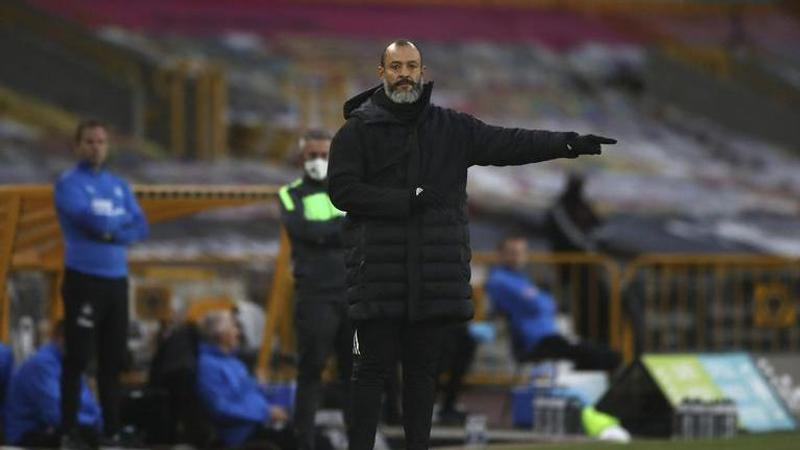Published 13:11 IST, October 28th 2020
English soccer recruitment code aims to increase diversity
English soccer's efforts to increase gender and ethnic diversity in coaching and senior leadership positions intensified Tuesday with targets set for recruitmen

English soccer's efforts to increase gender and ethnic diversity in coaching and senior leadership positions intensified Tuesday with targets set for recruitment.
The Football Leadership Diversity Code is voluntary but every Premier League club apart from Southampton has already signed up to it.
When men's professional clubs are hiring new coaches, the English Football Association wants a quarter of the positions to be filled by Black, Asian or mixed-heritage candidates and at least 10% of senior roles.
In the professional women's game, the code envisages half of new hires being female and 15% Black, Asian or mixed-heritage coaches.
Nuno Espirito Santo at Wolverhampton is currently the only Black manager across the 20 Premier League teams.
Away from the field, 15% of the senior leadership of team operation appointments should be Black, Asian or mixed-heritage executives and 30% women.
"If you look at all the positive action programs out there, there isn't a structure that holds clubs to account," Paul Elliott, the chair of the FA's inclusion advisory board, told The Associated Press.
"This is just the start. It's a real solid foundation to build on ... for a diverse and inclusive workforce.
"So I think it's important also from a coaching perspective, when you speak to the three generations of players that we've lost and the current generation that we want one thing it's called equal opportunity and to have a role based on meritocracy, not tokenism."
Elliott has risen to positions of power in football after a playing career in England, Scotland and Italy, including at Chelsea, Aston Villa, Celtic and Pisa.
The code was in part inspired by Manchester City and England forward Raheem Sterling in June calling for more Black, Asian and minority ethnic leaders or coaches in the game.
The lack of opportunities for Black coaches was also highlighted by former England striker Jermain Defoe as the sport grappled with inequalities in society highlighted by the Black Lives Matter movement which intensified after the police killing of George Floyd in Minneapolis in May.
"Many discussions were about systemic, structural, institutional racism," Elliot said.
"Raheem Sterling resonated, I thought, when he said publicly when he looks up, he doesn't see people that look like him. That was a very, very compelling statement and, thereafter, when Jermain Defoe said he's not sure if he's going to get qualifications because he doesn't think he's going to get any opportunity to get a coaching job.
Now, for me, they're big defining moments when people with such influence are making those statements."
Clubs abiding by the code should include at least one male and one female Black, Asian or mixed-heritage candidates on shortlists if they meet the specifications required.
"It's about creating clear processes and transparency that people can apply for jobs and so there is equal opportunity for all," said Edleen John, co-partner for equality diversity and inclusion at the FA.
"I think it's fair to say that there are many industries that have really struggled with actually people being hired because of their own personal networks or because of people they know. And I don't think that football is any different to other industries that have struggled with that challenge.
"This code really helps us to move forward ... this is a really pivotal moment for the world of football. I think it's a code that brings about change that will be delivered through action and also accountability."
Image credits: AP
Updated 13:11 IST, October 28th 2020




